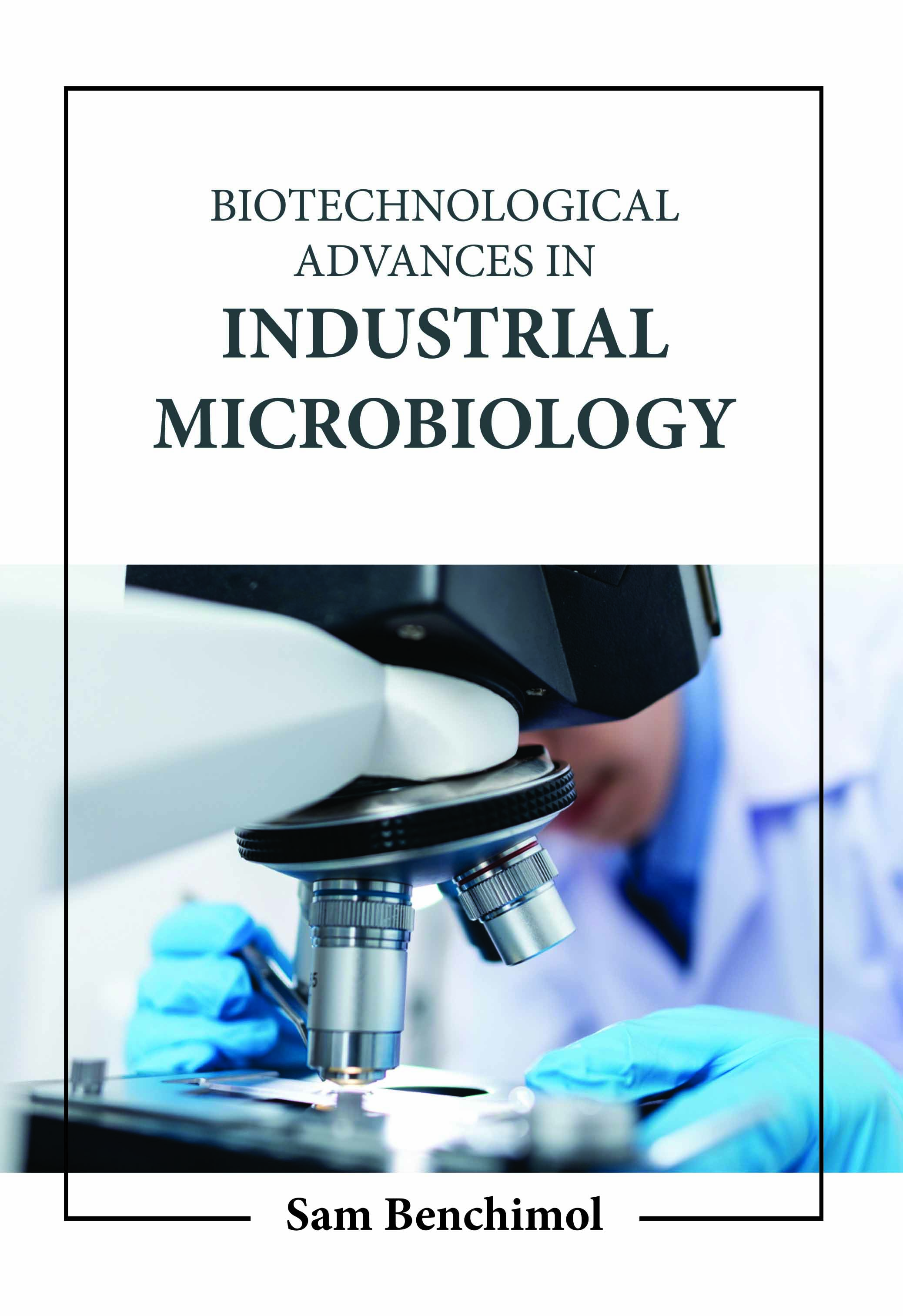
Biotechnological Advances in Industrial Microbiology
by Sam Benchimol
| ISBN | 9781806245109 |
|---|---|
| Publisher | Digital Drive Learning |
| Copyright Year | 2026 |
| Price | $272.00 |

by Sam Benchimol
| ISBN | 9781806245109 |
|---|---|
| Publisher | Digital Drive Learning |
| Copyright Year | 2026 |
| Price | $272.00 |
Industrial microbiology focuses on the commercial exploitation of microorganisms and includes processes and goods with significant global economic, environmental and social implications. A fundamental area of study within biology is microbiology. It addresses microorganisms' behaviors and life cycles (bacteria, fungi, etc.). Most of the microbiology in biotechnology is covered because it is a broad field. Mutation, breeding, and cloning are a few biotech examples that are simple to understand. A microbiological use of biotechnology is the creation of vaccines. Bioprocess-relevant microbes have been obtained from various natural sources, including water samples, damaged bread and fruit, and soil samples. We looked at cultures from other sources to find strains that had the qualities we wanted. The use of biotechnology for industrial reasons is known as industrial biotechnology, also referred to as white biotechnology. Additionally, it is renamed bioprocess technology. Our earliest ancestors used bioprocess to produce alcoholic beverages. The development of valuable goods using natural biological processes, such as the manufacture of antibiotics and enzymes (used, for example, in the food processing and waste management industries), is known as bioprocess technology. The usage of living things has several benefits over traditional chemical production methods. This book is intended for beginning graduate students and undergraduates studying chemical engineering, food science, and microbiology as well as for those studying pharmacy, biochemistry, and general biology. Industrial microbiology studies the processes used in the large-scale, commercial manufacture of products connected to microbes. It requires a deep understanding of the physiology of microbes.